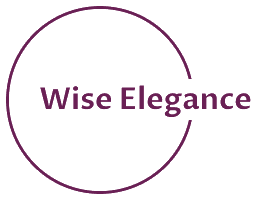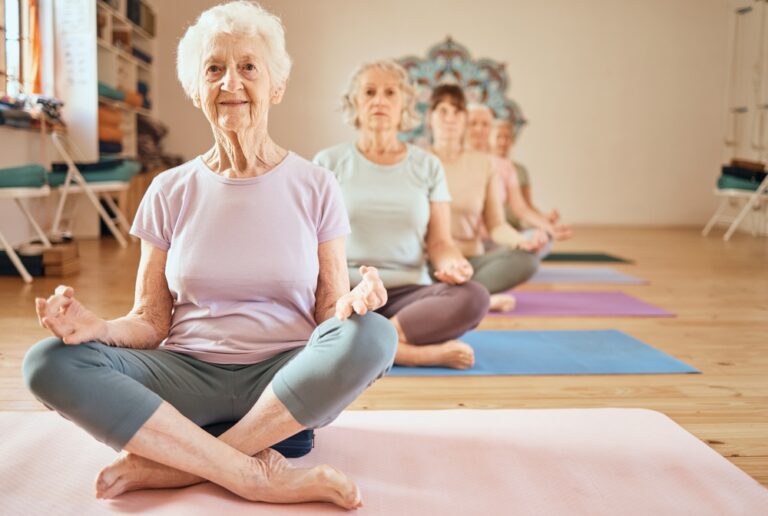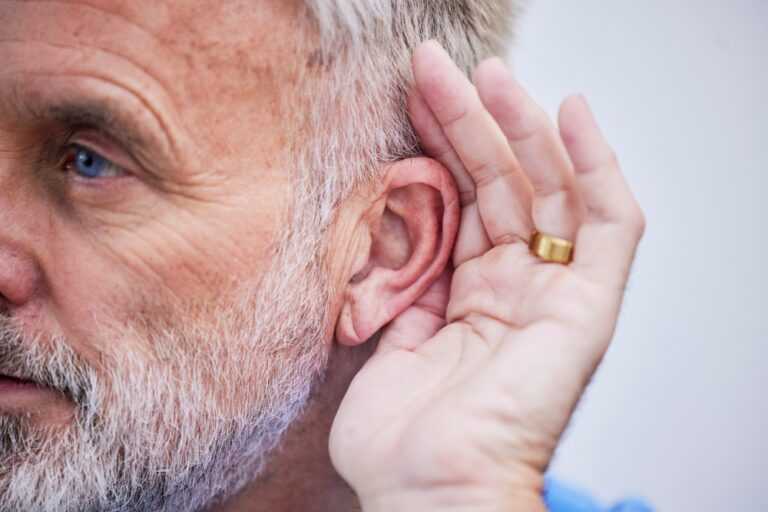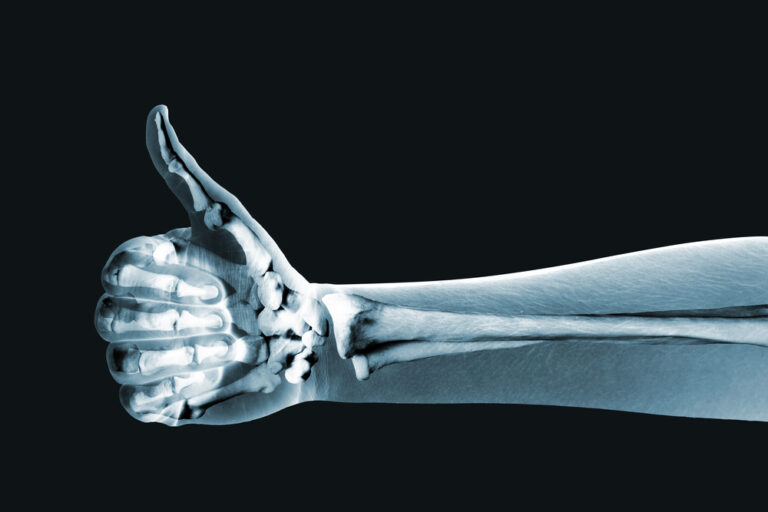In the later stages of life, embracing a proactive approach to health is essential, and this prominently includes a focus on vaccinations and preventive care. As we age, our bodies and immune systems undergo changes, making us more vulnerable to certain illnesses. The right preventive measures, including timely vaccinations, play a critical role in safeguarding health during these years.
Immunizations are particularly crucial for seniors. They offer a shield against illnesses that pose a higher risk or can be more severe in older adults. Key vaccines such as those for flu, pneumonia, shingles, and tetanus are tailored to address the specific health challenges faced in older age. An annual flu shot, for instance, is vital as flu can be particularly dangerous for seniors. Similarly, other vaccines work to prevent common yet serious health issues that tend to affect the elderly more frequently.










